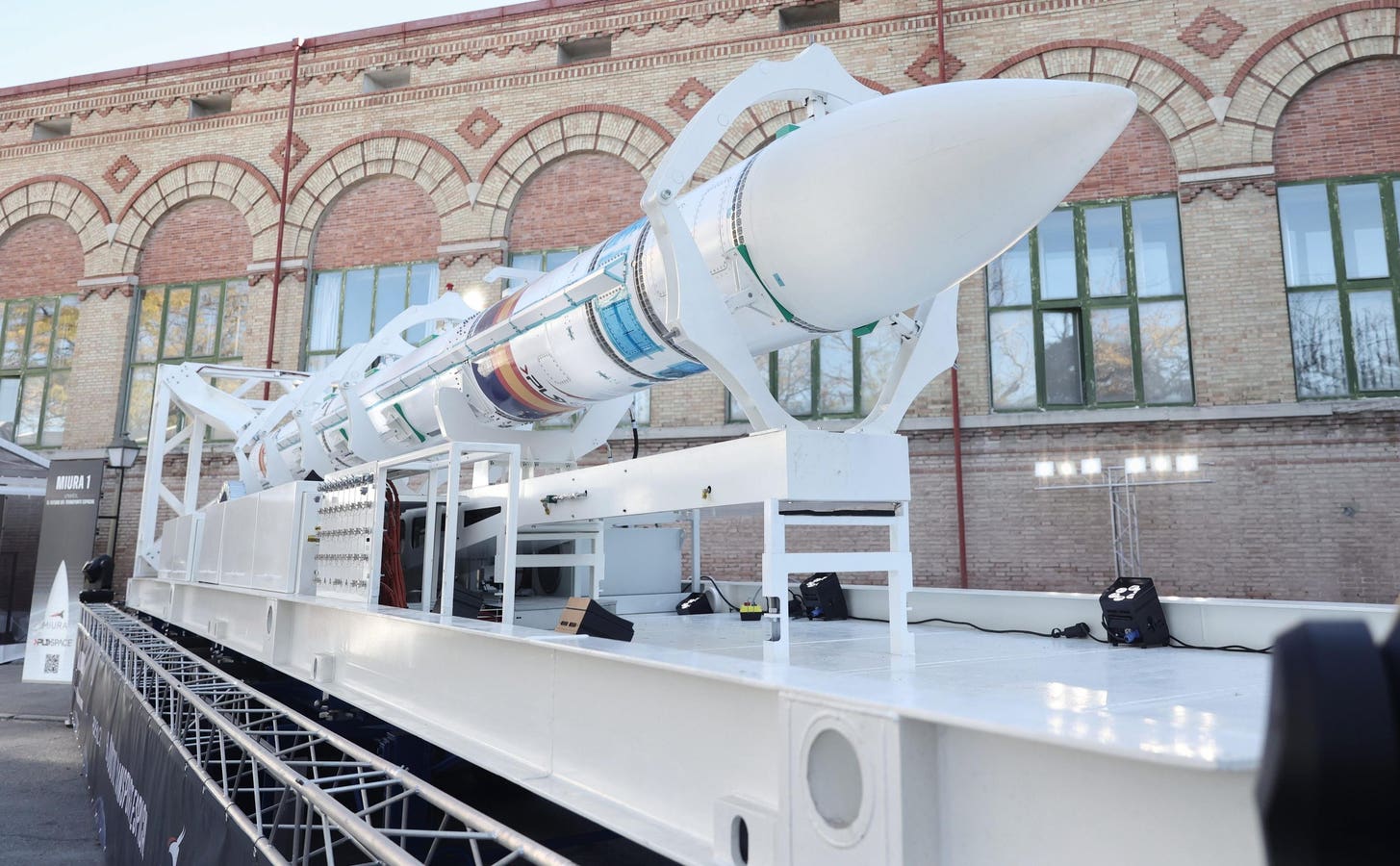You’ve probably never heard of the El Arenosillo Experimentation Centre, belonging to Spain’s National Institute for Aerospace Technology.
Here, at precisely 02:19 CET on October 7th, PLD Space fired Miura 1, Europe’s first private suborbital launcher, into the sky. The 306-second mission accomplished its key objectives of engine thrust, trajectory tracking, and launcher behavior, reaching an apogee of 46 kilometers before splashing down in the Atlantic.
Although the rocket fell short of its initial altitude target of 80 kilometers, Raúl Torres, co-founder of PLD Space and launch director for the mission, clarified on X that the trajectory was modified for safety reasons. The key takeaway? Europe now has a commercially viable, reusable rocket, developed by a private enterprise.
This development is particularly critical at a time when Europe has faced setbacks in space exploration. For years, European ventures into space have been overshadowed by the likes of SpaceX, Blue Origin, and China’s relentless forays into the cosmos.
The decommissioning of the Ariane 5, delays in the launch of its successor Ariane 6, and recent failures like that of Virgin Orbit’s UK launch earlier this year have only worsened the situation, creating a vacuum in European space capabilities.
Could this Spanish aerospace company, based in Elche (Alicante), be the disruptor Europe has been waiting for? It’s too early to say, and much will depend on the outcome of PLD Space’s next ambitious endeavour – the Miura 5, the larger, orbital-class version of the Miura 1.
At present, over 90% of the PLD Space team is dedicated to developing the Miura 5. According to internal sources, the data gathered with the successful Miura 1 launch will enable validation of nearly 70% of the design and technology set to be incorporated into the new rocket.
All of which looks very promising. Yet, with its maiden voyage slated for 2025, Miura 5 is entering an increasingly crowded market, with several competitors like Germany’s Isar Aerospace and Rocket Factory Augsburg and the UK’s Orbex and Skyrora, aiming to get into orbit before that.
Still, the Spanish startup’s recent success has undoubtedly positioned it as a frontrunner in the European space race and a poster child for Spain’s aerospace industry. If nothing else, because with this launch Spain becomes the tenth country with direct space capabilities.
The country’s acting prime minister, Pedro Sánchez, celebrated the event on social media, “The launch of the Miura 1, the first rocket with 100% Spanish technology, has been a success. A milestone that positions Spain’s research and development at the forefront of space transportation,” he said.
The Miura 1 is indeed a stepping stone. Will the startup be able to maintain its momentum? The answer to that question will determine PLD Space’s —and perhaps Europe’s— destiny in the field of space exploration.
Read the full article here





